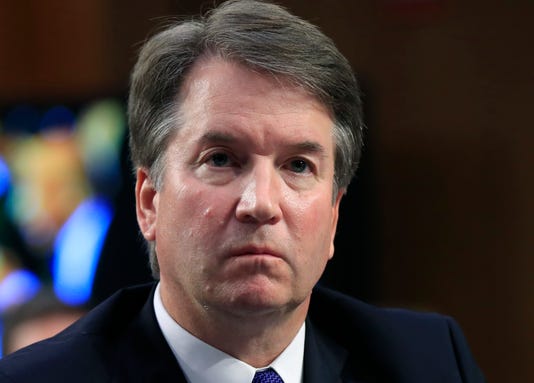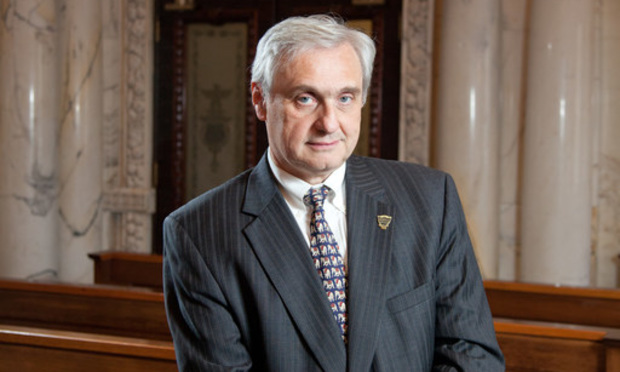Should retired judges be beyond the reach of
the courts?
Alex Kozinski, Brett Kavanaugh, and Maryanne Trump Barry have
all been relieved of the burden of inquiries into their conduct under the Judicial
Conduct and Disability Act, 28 U.S.C. §§ 351–364, which empowers the federal
judiciary “to determine whether a covered judge has engaged in conduct
prejudicial to the effective and expeditious administration of the business of
the courts or is unable to discharge the duties of office because of mental or
physical disability.”
The three have in common that
their resignations from the bench assertedly deprived the courts of
jurisdiction because a judge is no longer a judge when he or she retires
(Kozinski and Trump Barry) or steps up to the United States Supreme Court
(Kavanaugh). In each circumstance,
according to the Second Circuit Judicial Council (in the Kozinski case) the “Act
is concerned with individuals who currently exercise the powers of the
office of federal judge”. Because he or
she “can no longer perform any judicial duties, he does not fall within the
scope of persons who can be investigated under the Act” making the proceedings
“unnecessary”. Yet the two Circuit Judges
collect pensions at full salary for life [28 U.S.C. 371(a)] and, if willing,
may be “assigned judicial duties”. [28 U.S.C. 294] The now Associate Justice
draws a salary as a member of the highest court and very much “performs
judicial duties”.
The Tenth
Circuit Judicial Council declared it lacked disciplinary authority over now
Justice Kavanaugh, as did the Second Circuit over the retired Kozinski – a
precedent on which Trump Barry now relies.
But the
Act provides simply that the term “judge” means a circuit judge, district judge, bankruptcy judge, or magistrate judge. It does not state that
jurisdiction over misconduct during active service expires upon
retirement. That is a gloss that the Second
Circuit Judicial Council has placed on the statute in whose steps the Tenth
followed. But it is equally plausible
that the courts – concerned with the confidence of the public – retain
jurisdiction over misconduct alleged to have occurred during active service.
Yet the Second Circuit
Council, in its order dismissing the sexual misconduct charges against Judge
Kozinski asserted that he is no longer “within the Act’s reach” because its
“emphasis” is not on punishment but on “correction of conditions that
interfere with the effective and expeditious administration of the business of
the courts.” The purpose of lawyer discipline is not
simply to protect the public from the offender but to maintain confidence in
the bar and legal system. That is no
less true of the judiciary.
Each of these jurists was faced
with allegations that they violated the rules of conduct of United States
Judges – particularly “Canon
2: A Judge Should Avoid Impropriety and the Appearance of Impropriety in all
Activities.” It commands “(A) Respect for Law. A
judge should respect and comply with the law and should act at all times in a
manner that promotes public confidence in the integrity and impartiality of the
judiciary.”
The asserted lack of jurisdiction
cannot be cured by legislation; no one could imagine Donald Trump signing a
bill which revived disciplinary proceedings against his sister involving
allegations that she, like he, was enriched by a prolonged fraudulent
scheme. Nor is it realistic to expect
that local or state disciplinary authorities will be in position to carry out
the investigations that the federal courts, aided by the FBI, could have
carried out. Nor would such state
investigations accomplish what is needed: to preserve public confidence in the
United States courts. We are left with
the likely vain hope that the Chief Justice of the United States will re-examine
the Judicial Conduct and Disability Act and declare that retired judges remain
subject to its strictures.
- -
George W. Conk



No comments:
Post a Comment